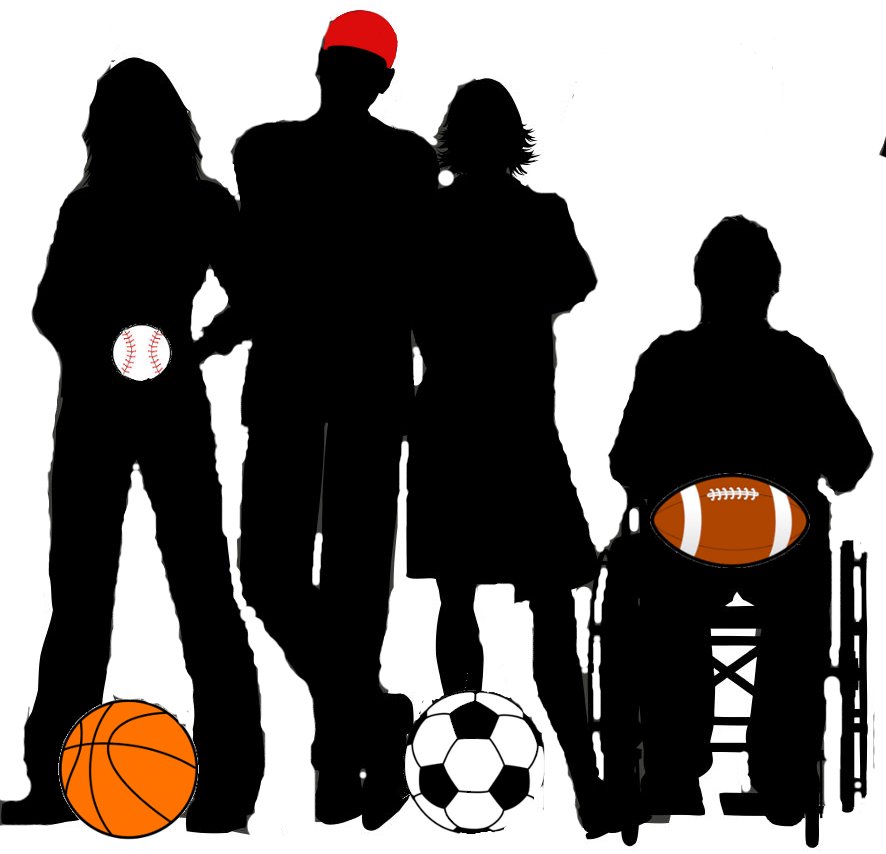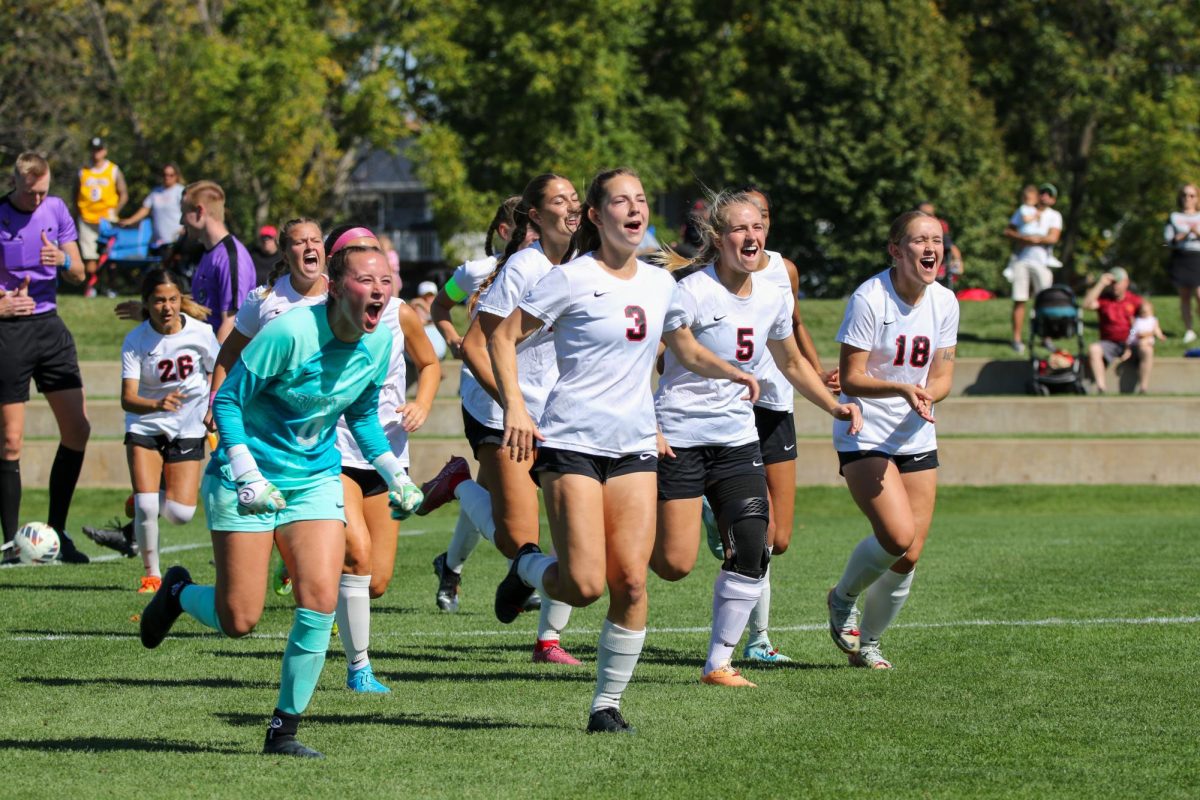Last year in December, Wellness Director Jen Jacobsen and four student-athletes attended the NCAA APPLE Conference in Indianapolis. The conference centered on promoting wellness and preventing student-athlete substance abuse. Jacobsen and the students came back to campus with the idea to bring in more resources and tailor a program best for student-athletes in Grinnell.
The result is the Student Athlete Mentor (SAM) program, which launched this current school year with a SAM present on each sports team.
“We came back with an action plan in order to increase the education about the resources on campus and created our SAM program modeled on other schools’ programs,” said Michael Hurley ’16, who attended last year’s conference.

Elsa Goldman ’15, the SAM for the women’s track and field team, praised the attendees’ effort to bring positivity back to campus.
“They worked with Student Affairs to create this position and develop what was a program meant for [Division I] athletes, who were struggling with academics to make it work, more for students here.”
Very much like student advisors in residence dorms, SAMs serve as people student-athletes can rely on when they want advice or are struggling with academics, sports or even their personal lives.
“Generally speaking, Student Athletic Mentors identify themselves at the beginning of the season and they are a resource or leader, different from the captains, but someone that people on the team can go to for advice or to gear them to the right direction, based on what the situation is,” said Evelyn Freeman, head coach of the women’s track and field team.
The athletic department and coaches carefully chose SAMs based on several qualifications.
“[They] chose people who they thought were good leaders and had good integrity and communicated well between coaches and athletes,” Goldman said.
The 20 selected SAMs were invited to campus early to receive training in topics such as Title IX and diversity.
“We worked with the SAs in role clinic activities, learn[ing] how to address situations and be a resource for our athletes, athletes on other teams and even non-athletes on campus,” Goldman said.
According to Thomas Robinson ’16, SAM for the men’s swimming and diving team, the program is also designed to form a relationship with staff members in the athletic department.
“If each team has someone on the team who is a trained student athlete mentor, then again, they have the information to be a resource, especially for first-years,” Freeman said.
The SAM program’s new addition is a progressive step towards helping student-athletes with the stress that comes from devoting time to sports while maintaining good academic standing.
“I see the program developing to be a known resource that is visible across campus,” Hurley said. “Also, I hope that the members will continue to cooperate with student advisors and other leadership groups in order to establish a visible set of leaders on campus.”



















































